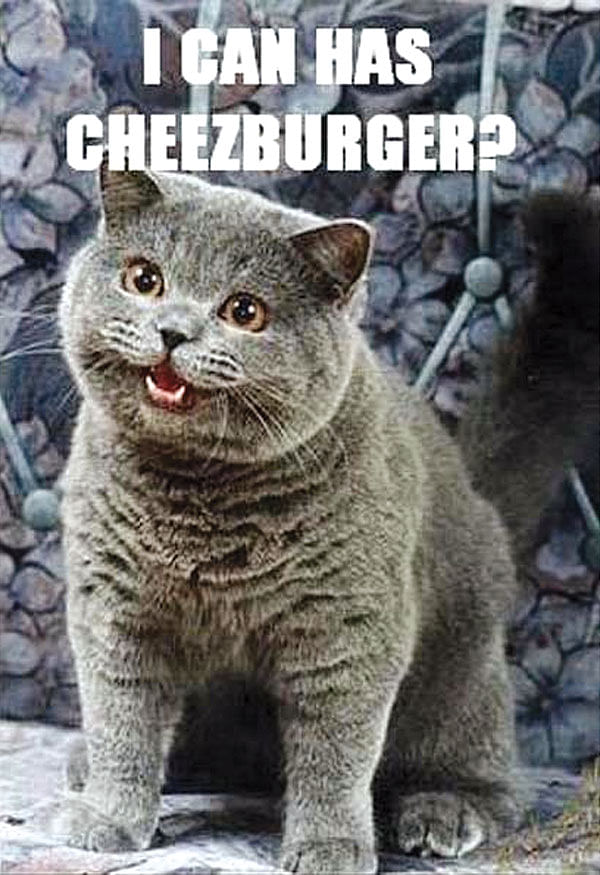Introduction to Internet Languages 101

So you type LOL without any expression on your face, no?
What is supposed to be an abbreviation for 'Laugh Out Loud' is now a very misused term all over the internet. LOL is a way to show that a message is meant to be funny or to signal irony but now LOL is used to convey that you are listening and not that you are laughing or you think something is funny. This is the most obvious sign of the internet-speak becoming detached from its original meaning and taking on a new definition.
Facebook introduced a variety of new words and phrases into our vocabulary though it has given a slightly different nuance to some of the familiar words. So when it comes to vocabularies, the words we use in our day-to-day conversations often give the feeling of a logged-in life. With the increased use of smartphones and tablets, written communication has undergone massive changes and the speed and ease of typing have been given the highest priority. As a result, punctuation, grammar and capitalisation are largely ignored. SMS or text language is widely used all over the world for its brevity and quickness.
Most of the versions of the web language that we come across have their origins rooted in various intellectual connotations. However, 'if u nva thot dis way' it is likely because you are just going with the flow without questioning its validity. Now, let's have a look at some of the modifications of the English language that are currently flooding the internet.
Vowel substitution is a common style these days. Unlike what many people think, 'lel' is not an acronym in the same fashion that LOL is (it does not mean laughing extra loud or so). 'Lel' resulted from the use of random vowels substituted in place of the 'O' in LOL. This method was originally used in an attempt to be different from the mainstream members of the online gaming community. 'Lel', in essence, still means LOL. Likewise, Batman is called Botmun and it makes me 'crie ebritiem.'
Alternatively referred to as 'hakspeak' and 'elite speak', 'leetspeak' is another communication style where the user replaces letters for numbers or other characters such as 'H4CK3D' for 'hacked' and 'K3wLz' for 'cool'. Interestingly, this method originally stems from programming code. The main driving force of new vocabulary in Leet is common misspellings and typing errors such as 'teh' in place of 'the.'
One language change that has definitely been over-hyped is so-called 'text speak' -- a mixture of often vowel-free abbreviations and acronyms including the usage of pictures and single letters or numbers to represent whole words. For example, 'I <3 u' uses the pictogram of a heart for love and the letter 'u' replaces 'you.' Geddit?
Similar to texting, 'lolspeak' is a way of writing words with letters different from the original spelling while maintaining the same sound. Lolspeak can also be misspelling on purpose. An example of lolspeak would be: 'Dunno y dis happnd.'
I really do not know why and how this happened. Sigh.
Adding an unnecessary 'Zzz' at the end of almost all words is another buzz in the virtual world. 'Zzz' is, however, usually used to indicate boredom or the sound of someone sleeping. Did you know that? If not, then LOLzZz.
Then we have our very own 'Murad Takla' way of spelling in Facebook which basically derives from the confusion associated with transliteration of Bengali to English. 'Ato ducco hossa, a gebon raka lav ke?'
Want me to translate that? Well, tough luck.

 For all latest news, follow The Daily Star's Google News channel.
For all latest news, follow The Daily Star's Google News channel. 



Comments